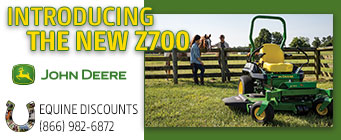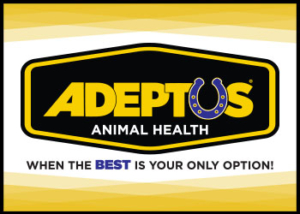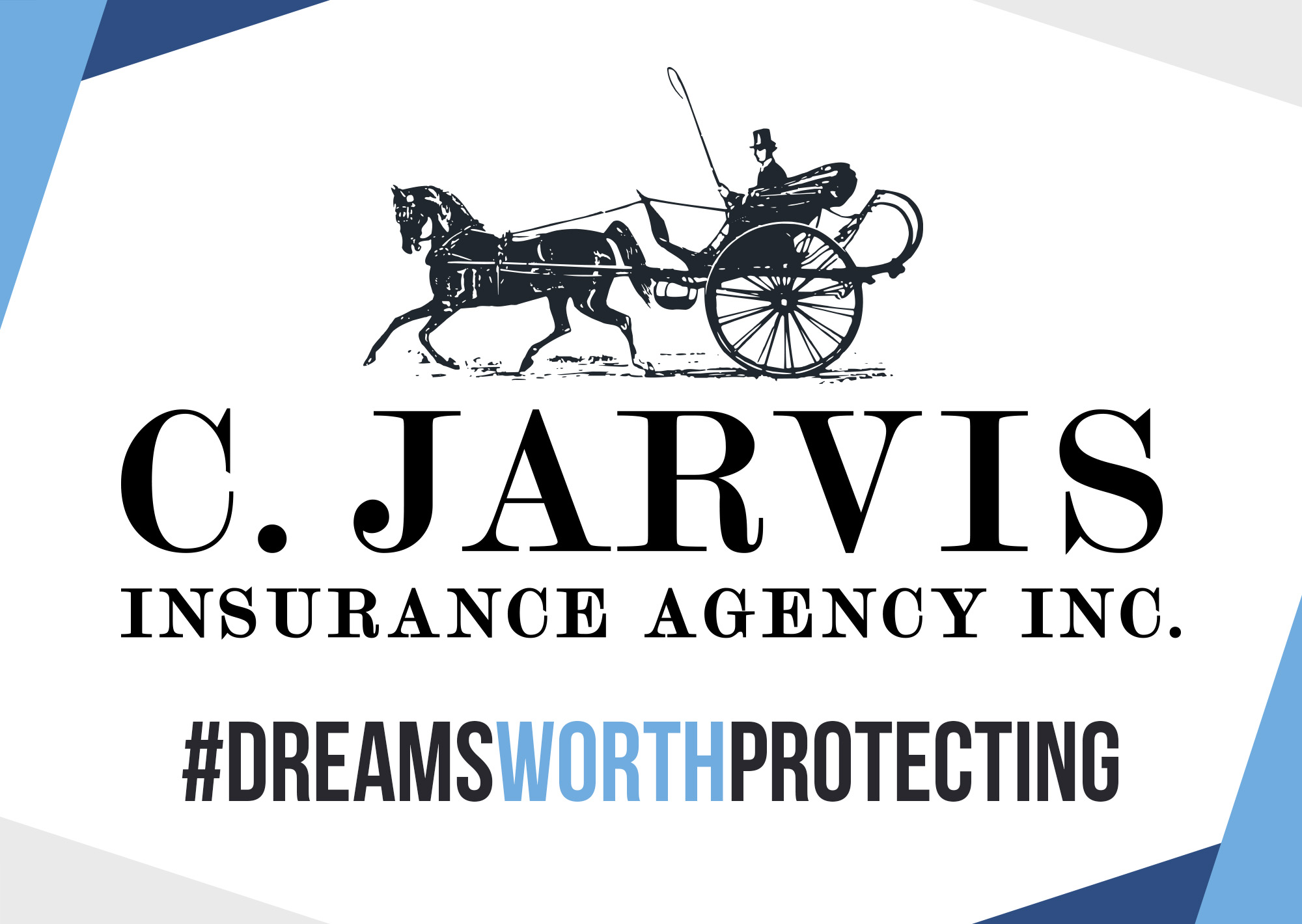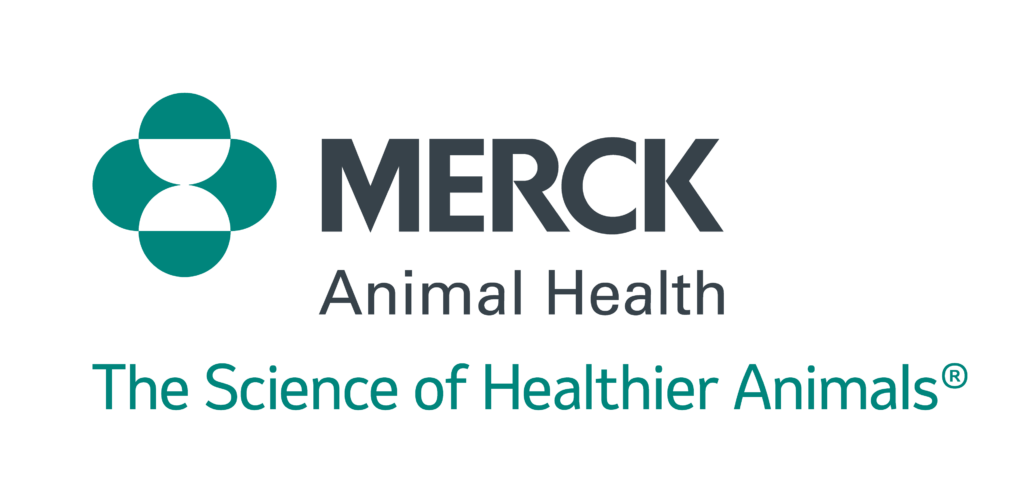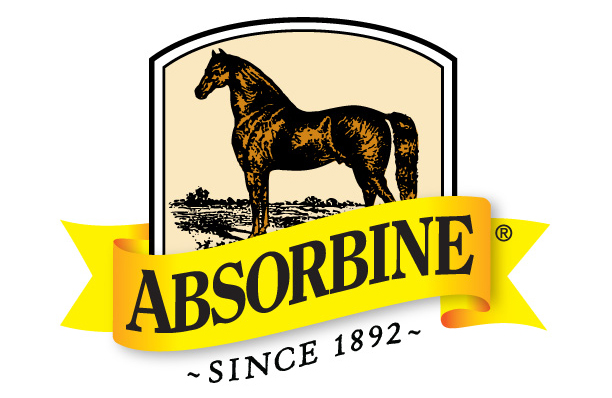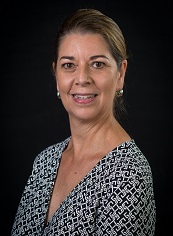On November 13, 2013, the House Energy and Commerce Committee Subcommittee on Commerce, Manufacturing and Trade, held a hearing regarding the Prevent All Soring Tactics Act of 2013 (H.R. 1518) or PAST Act. American Horse Council (AHC) President Jay Hickey testified in support of the bill.
“The AHC supports the PAST Act and believes it has the potential to end the abusive practice of soring in the Tennessee Walking Horse, Racking Horse, and Spotted Saddle Horse industries,” said Hickey. “I was happy to appear before the committee and explain why the AHC and almost all national horse show associations support the bill.”
Soring is an abusive practice used to cause pain in a horse’s forelegs and produce an accentuated show gait for competition. It usually involves the use of action devices, chemicals, pads, wedges alone or in combination with the application of irritating or blistering chemical agents to a horse’s forelegs. The showing, sale, auction, exhibition, or transport of horses that have been “sored,” has been prohibited by the Horse Protection Act (HPA) since 1970.
“Despite the HPA’s 43 year prohibition on soring, a 2010 USDA Office of Inspector General (OIG) report found that this practice continues to be a problem in the “big lick” or “performance horse” segments of the Tennessee Walking Horse, Racking Horse, and Spotted Saddle Horse industry,” said Hickey.
The PAST act would amend the HPA to prohibit a Tennessee Walking Horse, a Racking Horse, or a Spotted Saddle Horse from being shown, exhibited, or auctioned with an “action device,” or “a weighted shoe, pad, wedge, hoof band or other device or material” if it is constructed to artificially alter the gait of the horse and is not strictly protective or therapeutic. These new prohibitions would not apply to other breeds that do not have a history of soring.
The legislation would also increase fines and penalties for violations, including the potential for a lifetime ban for repeat offenders.
Additionally, the bill would create a new licensing process for horse show inspectors, eliminating the current ineffective designated qualified persons (DQPs) program. The bill would require the U.S. Department of Agriculture to train, license and appoint new independent inspectors for shows and other HPA-regulated activities that wish to hire an inspector. Licensed or accredited veterinarians would be given preference for these positions. The decision to hire and cost of an inspector would still reside with the management of a show, sale or auction.
“Because soring remains a problem, the PAST Act amendments to the HPA are clearly needed and justified. The bill is narrowly focused on the problem it is intended to solve and does not adversely affect or unnecessarily burden other segments of the horse show industry that are not soring horses and have no history of soring horses,” said Hickey. “Soring is unquestionably abusive and its continued prevalence is severely damaging the Tennessee Walking Horse, Racking Horse, and Spotted Saddle Horse industries and negatively impacting public perception of other segments of the horse industry.”
“The wider horse community might not realize it, but soring is garnering more and more adverse and unnecessary publicity for the horse industry at large. Witness the press surrounding Jackie McConnell and Larry Wheelon and others. This affects the non-walking horse sectors of the show industry because the public does not understand the differences between various show breeds and what they do.”
“The public sees other breeds doing an animated gait and thinks it is a walking horse and being sored, rather than performing its natural gaits. That reflects badly on the entire show horse industry,” says Hickey.
Also, testifying in support of the PAST Act were Dr. W. Ron DeHaven, Executive Vice President & CEO American Veterinary Medical Association, Marty Irby, International Director and Former President Tennessee Walking Horse Breeders’ & Exhibitors’ Association, Teresa Bippen, President Friends of Sound Horses, and Donna Benefield, International Walking Horse Association.
Witnesses opposing the bill were Julius Johnson, Commissioner Tennessee Department of Agriculture, and Dr. John Bennett, on behalf of Performance Show Horse Association.
Other national organizations that support the bill include, the American Association of Equine Practitioners, U.S. Equestrian Federation, the American Quarter Horse Association, the American Paint Horse Association, the American Morgan Horse Association, the Pinto Horse Association of America, the Arabian Horse Association, the American Saddlebred Horse Association, the United Professional Horsemen’s Association, the Appaloosa Horse Club, and the American Veterinarian Medical Association as well as many other state and local organizations.
The bill has broad bipartisan support and currently has 223 co-sponsors in the House and 26 co-sponsors in the Senate.
The full written testimony of the AHC and full hearing can be viewed at: https://energycommerce.house.gov/hearing/legislative-hearing-hr-1518-bill-amend-horse-protection-act



